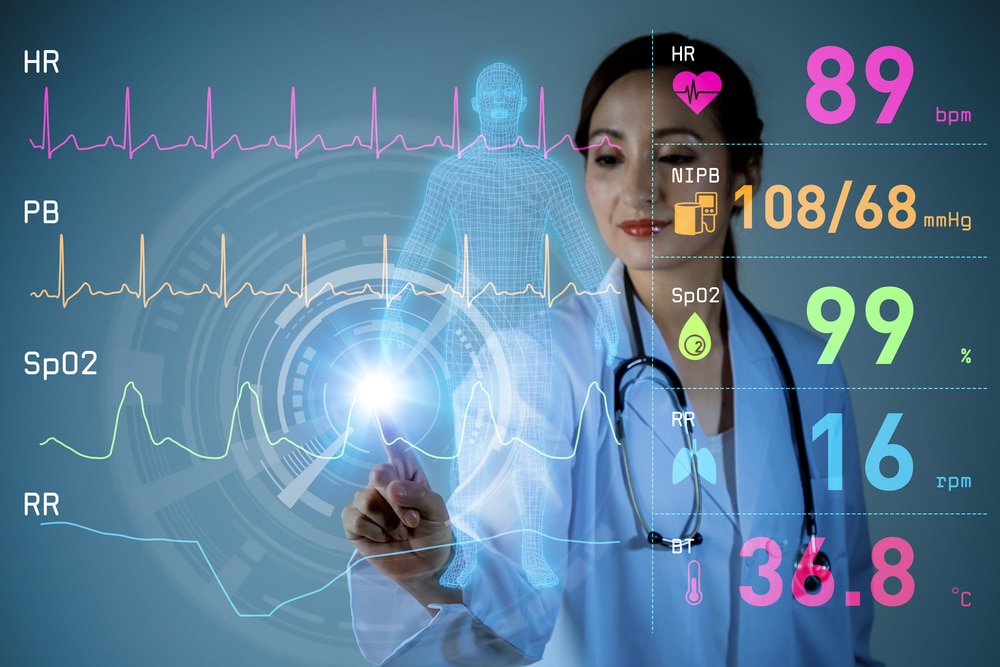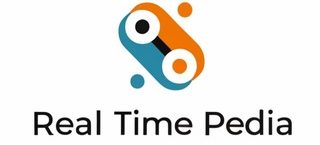
Empowering Health through Vigilance: The Role of Health Monitoring
Introduction
In an era marked by technological advancements and an increasing emphasis on proactive healthcare, health monitoring has emerged as a powerful tool for individuals to take charge of their well-being. The ability to track and analyze various aspects of health, from physical activity to vital signs, has revolutionized how we approach preventive care. This article explores the significance of health monitoring, its benefits, and how technology is shaping the landscape of personal health management.
The Evolution of Health Monitoring
Health monitoring, once limited to occasional doctor visits and routine check-ups, has transformed into a continuous process that individuals can engage with daily. The availability of wearable devices, smartphone apps, and connected health platforms has enabled real-time tracking of various health parameters.
Key Aspects of Health Monitoring
- Physical Activity Tracking: Wearable devices equipped with accelerometers and sensors can monitor steps taken, distance covered, and even estimate calories burned. This data provides insights into daily activity levels and encourages individuals to meet fitness goals.
- Heart Rate and Vital Signs: Wearable devices can measure heart rate, blood pressure, and even electrocardiograms (ECGs) in some cases. These metrics provide information about cardiovascular health and help detect irregularities early.
- Sleep Analysis: Sleep tracking features in wearables can assess sleep duration and quality. Understanding sleep patterns is crucial for addressing sleep-related issues and improving overall well-being.
- Nutrition Monitoring: Smartphone apps allow users to log their meals and track nutritional intake. This information can help individuals make informed dietary choices and manage weight.
- Chronic Condition Management: Health monitoring is especially valuable for individuals managing chronic conditions. Blood glucose levels, for instance, can be tracked by individuals with diabetes to maintain optimal control.
Benefits of Health Monitoring
- Early Detection: Regular monitoring can identify subtle changes in health parameters, allowing for early detection of potential issues and timely medical intervention.
- Personalized Care: Health monitoring provides a personalized view of one’s health, enabling tailored recommendations for lifestyle modifications and interventions.
- Data-Driven Decision-Making: Access to health data empowers individuals to make informed decisions about exercise, diet, and other health-related choices.
- Motivation and Accountability: Real-time feedback and progress tracking act as motivators, encouraging individuals to stay consistent with their health goals.
- Communication with Healthcare Providers: Monitored health data can be shared with healthcare professionals during appointments, leading to more accurate diagnoses and treatment plans.
The Role of Technology
- Wearable Devices: Smartwatches, fitness trackers, and medical wearables have become ubiquitous tools for health monitoring, seamlessly integrating data collection into daily life.
- Smartphone Apps: Numerous apps offer features for tracking food intake, exercise routines, and even mental well-being.
- Connected Platforms: Online platforms allow users to aggregate and analyze data from various sources, providing a comprehensive view of their health status.
- Artificial Intelligence (AI): AI-powered algorithms can analyze large datasets, detecting patterns and anomalies that might be missed by traditional methods.
Privacy and Ethical Considerations
While health monitoring offers substantial benefits, privacy and data security must be prioritized. Users should be aware of how their data is collected, stored, and shared, and they should have control over their information.
Conclusion
Health monitoring represents a paradigm shift in how individuals engage with their health. By providing real-time insights and promoting proactive care, health monitoring empowers individuals to make informed decisions about their well-being. As technology continues to advance, the potential for even more sophisticated and accurate health monitoring tools is boundless. As we move forward, the collaboration between individuals, healthcare providers, and technology will play a pivotal role in shaping the future of health monitoring and preventive healthcare.








